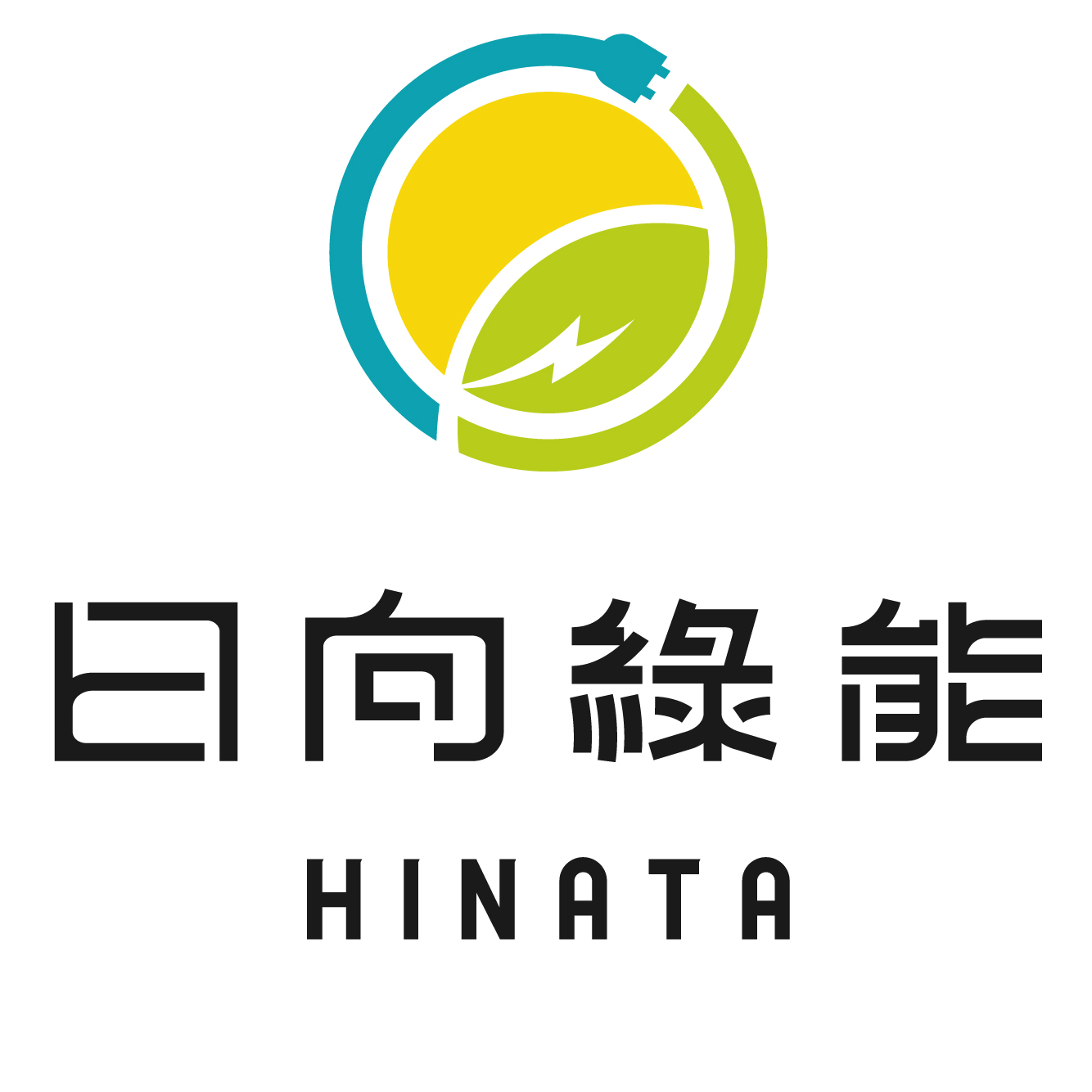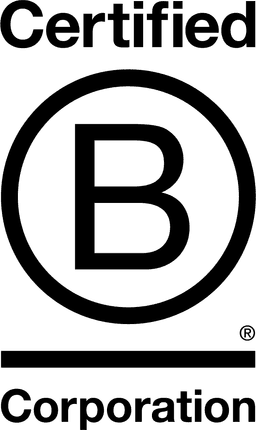

HINATA RENEWABLE

Taichung, Taiwan
December 2024
Solar panel installation
Service with Significant Environmental Footprint
Taiwan
Hinata 致力於將再生能源融入生活的方方面面。我們提供全方位的服務,包括評估、規劃、設計、安裝、施工和維護。我們多元化的團隊致力於永續工程實踐,提供一站式系統整合解決方案,打造高品質標竿。我們的目標是讓再生能源成為每個人生活中不可或缺的一部分,為永續發展做出貢獻,並為所有人創造更美好的未來。 Hinata strives to make renewable energy a reality in every aspect of life. We provide a comprehensive range of services, including assessment, planning, design, installation, construction, and maintenance. Our diverse team is committed to sustainable and environmentally friendly engineering practices, offering one-stop system integration solutions that set a benchmark for precision quality. Our goal is to make renewable energy an integral part of everyone's life, contributing to sustainable development and creating a better future for all.
Overall B Impact Score
Governance 8.6
Governance evaluates a company's overall mission, engagement around its social/environmental impact, ethics, and transparency. This section also evaluates the ability of a company to protect their mission and formally consider stakeholders in decision making through their corporate structure (e.g. benefit corporation) or corporate governing documents.
What is this? A company with an Impact Business Model is intentionally designed to create a specific positive outcome for one of its stakeholders - such as workers, community, environment, or customers.
Workers 23.3
Workers evaluates a company’s contributions to its employees’ financial security, health & safety, wellness, career development, and engagement & satisfaction. In addition, this section recognizes business models designed to benefit workers, such as companies that are at least 40% owned by non-executive employees and those that have workforce development programs to support individuals with barriers to employment.
Community 14.0
Community evaluates a company’s engagement with and impact on the communities in which it operates, hires from, and sources from. Topics include diversity, equity & inclusion, economic impact, civic engagement, charitable giving, and supply chain management. In addition, this section recognizes business models that are designed to address specific community-oriented problems, such as poverty alleviation through fair trade sourcing or distribution via microenterprises, producer cooperative models, locally focused economic development, and formal charitable giving commitments.
Environment 48.6
Environment evaluates a company’s overall environmental management practices as well as its impact on the air, climate, water, land, and biodiversity. This includes the direct impact of a company’s operations and, when applicable its supply chain and distribution channels. This section also recognizes companies with environmentally innovative production processes and those that sell products or services that have a positive environmental impact. Some examples might include products and services that create renewable energy, reduce consumption or waste, conserve land or wildlife, provide less toxic alternatives to the market, or educate people about environmental problems.
What is this? A company with an Impact Business Model is intentionally designed to create a specific positive outcome for one of its stakeholders - such as workers, community, environment, or customers.
Customers 4.4
Customers evaluates a company’s stewardship of its customers through the quality of its products and services, ethical marketing, data privacy and security, and feedback channels. In addition, this section recognizes products or services that are designed to address a particular social problem for or through its customers, such as health or educational products, arts & media products, serving underserved customers/clients, and services that improve the social impact of other businesses or organizations.